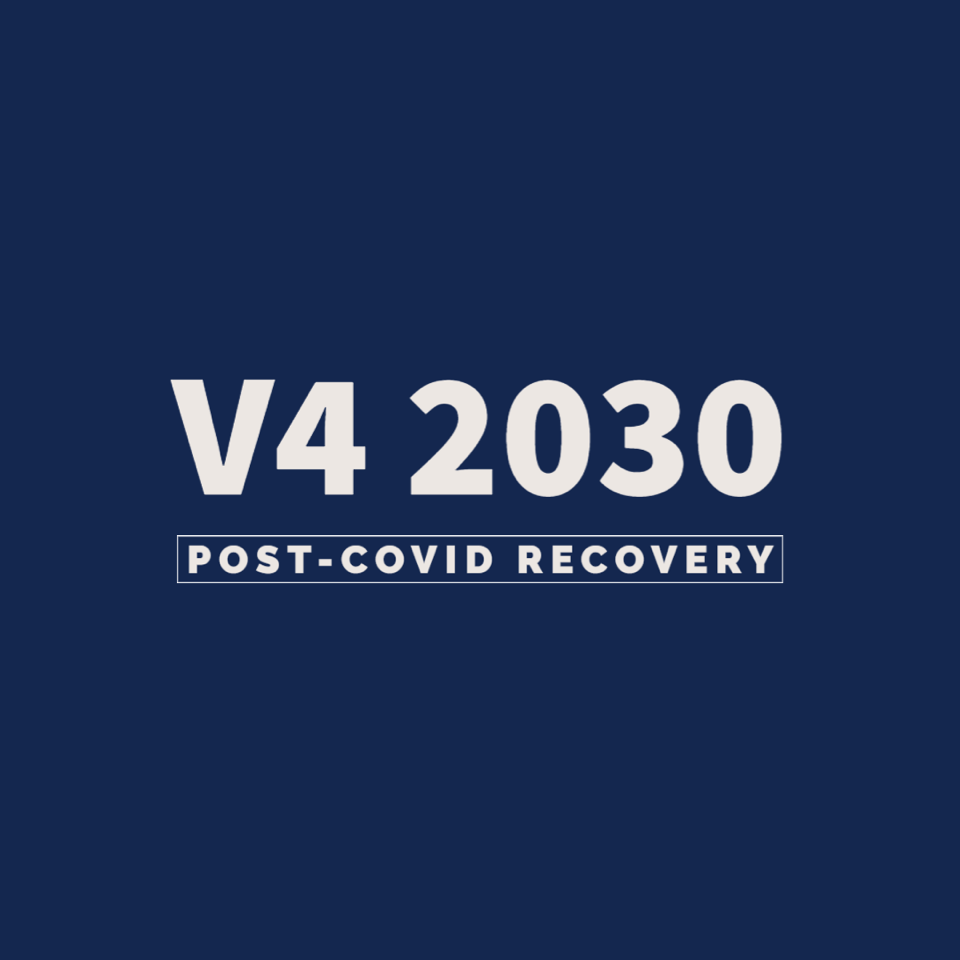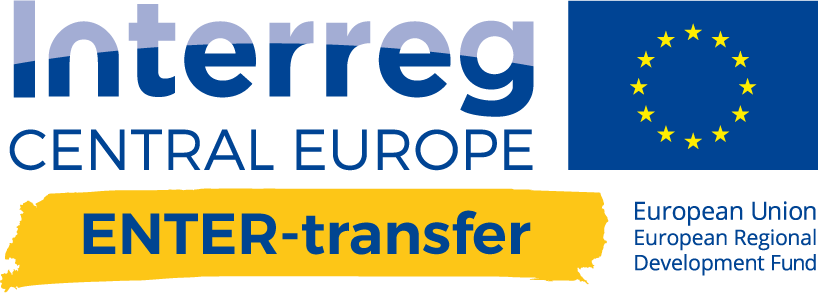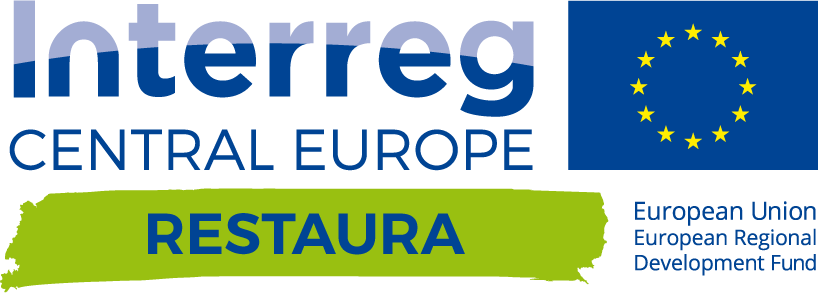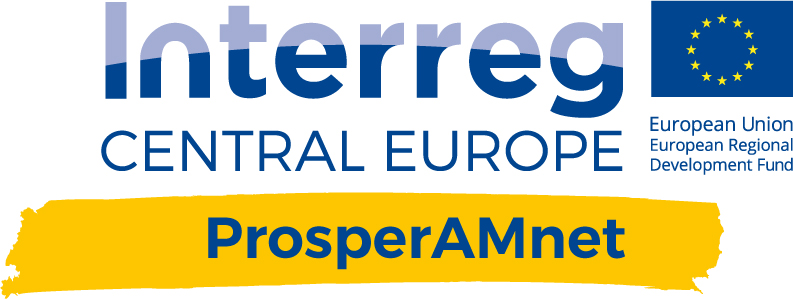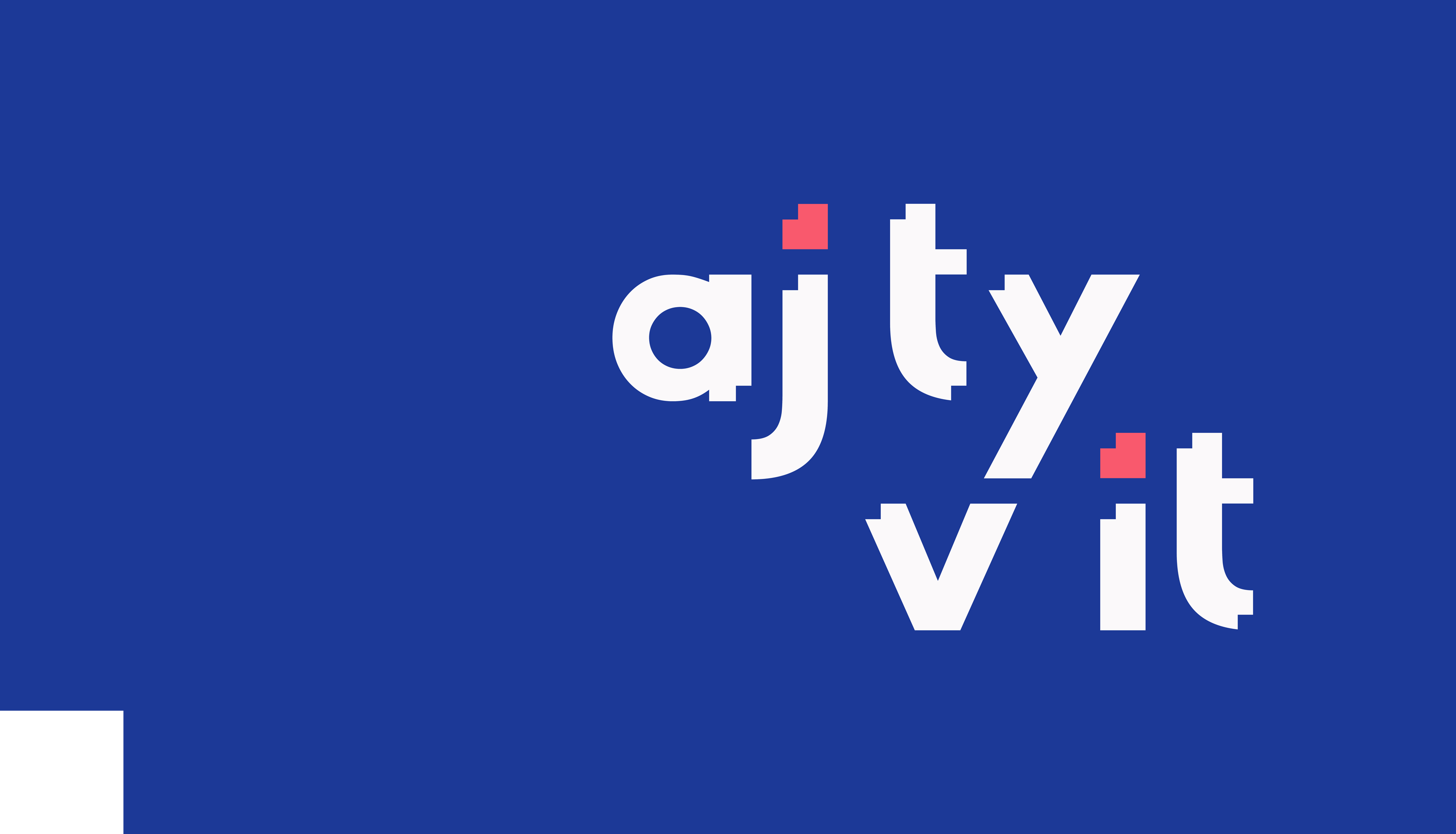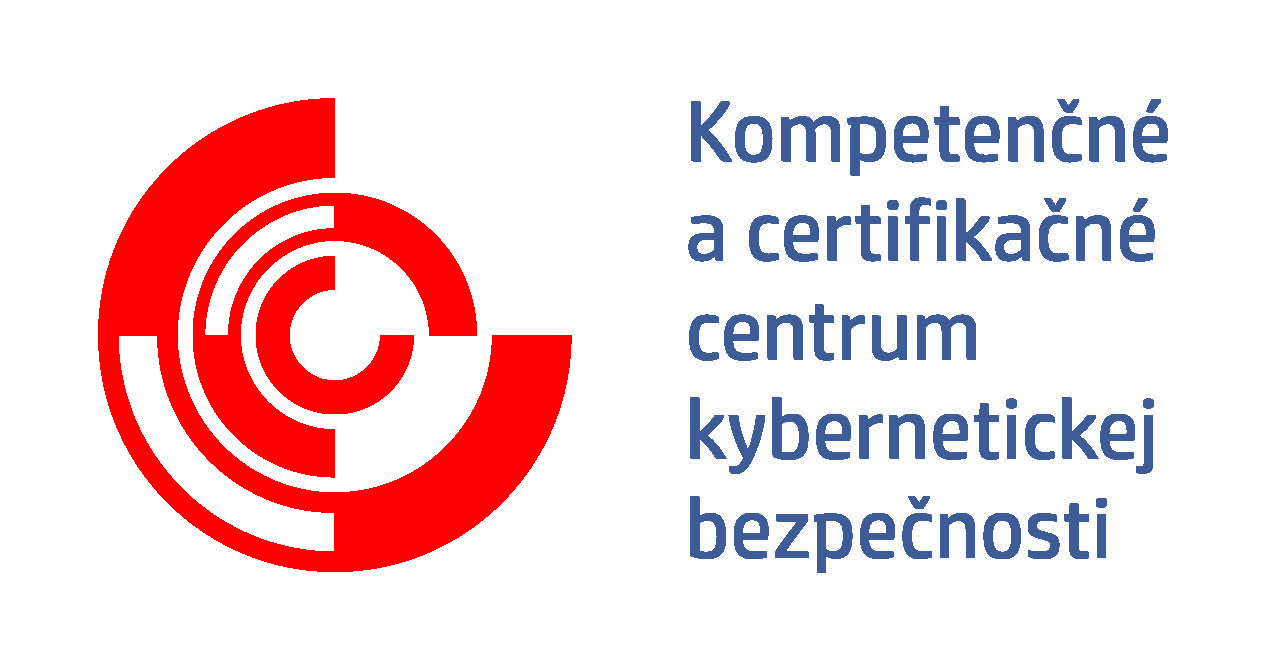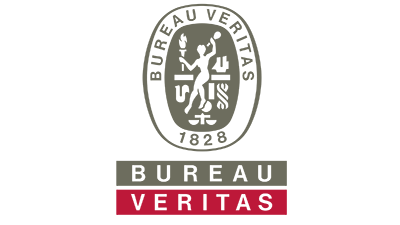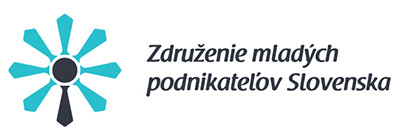The Faculty of Business Management is one of the faculties of the University of Economics in Bratislava, which provides higher economic education with an orientation on the preparation of managers and economists for the corporate and business sphere.
The faculty conducts admission procedures only for accredited study programmes within the framework of bachelor's studies, engineering studies and doctoral studies.
According to Act No 131/2002 Coll. on Higher Education and on Amendments and Additions to Certain Acts, as amended, higher education studies are 3-level. Level 1 is a bachelor's degree, the standard length of which is three years. Level 2 is an engineering degree, the standard length of which is two years, and level 3 is a doctoral degree. The standard length of a full-time doctoral degree is three years and the standard length of an external doctoral degree is five years. Studies at the University of Economics are organised on the basis of the credit system in accordance with the Decree on the Credit System of Studies.
The second level of the study is completed by a state examination and the defence of the final (diploma) thesis. Its graduate obtains the degree of "Engineer" (abbreviated "Ing."). Candidates who will graduate in 2024 with an engineering degree, or who have graduated in previous years, may enrol in the academic year 2023/2024, after passing the admission interviews, for doctoral studies - the 3rd degree, according to the conditions of the faculty.
Profile of the graduate
A graduate of the study programme "General Management" acquires comprehensive knowledge of management disciplines that decisively create and predetermine him/her for working in management positions across the entire organizational structure of the company. During his/her studies, he/she can develop his/her general knowledge by choosing a minor specialisation, where he/she will expand the necessary knowledge, significantly strengthen his/her competence and acquire skills in the field (sub-specialisations):
- business management,
- personnel management,
- financial management,
- information management.
Significant qualitative progress will be achieved in the area of managerial, financial and information literacy, thus enabling better management of complex economic situations and tasks in the real and online space. Under the influence of developed critical and analytical thinking skills, as well as creativity and inventiveness, the graduate is able to proactively lead scientific and professional teams, organize their work and assist in the search for and implementation of specific project management solutions. The disposition of soft and hard skills enables the graduate to lead professional discussions in management topics, to contribute his/her opinions to public debates and to enrich them with an impartial and unbiased professional perspective. The acquired knowledge qualifies the graduate for employment in the international arena, both as a member of a work team, or as a leader, and as an entrepreneur. The graduate's competence is reflected in his/her higher acceptance in sectors such as banking, insurance, state and public administration where he/she brings entrepreneurial and managerial insights and solutions.
International agreements concluded between the faculty and EM Strasbourg, the University of Economics in Prague, IDRAC University Lyon, allow to complete the studies also at one of the partner universities in the form of a double diploma. The quality of the study programme is reflected in the degree of internationalisation of recognition and in the transfer of credits from study and internship placements. The high compatibility of the study content gives the student the possibility to travel and continue his/her studies at any foreign economic or management university and thus develop his/her competence.
Educational goals
- Acquire advanced knowledge in business management, personnel management, financial management and information management, developing strategic thinking, vision, leadership and the ability to lead subordinates and project teams;
- Advanced ability to work with data and information, based on critical comparison and evaluation, using modern analytical methods based on available information and communication technologies;
- Ability to evaluate and respond appropriately to stimuli from the economic environment; monitor new trends and identify further developments; ensure adherence to ethical principles.
Study program
Study Guide
For more detailed information on study programmes, learning objectives, learning outcomes and important contacts, please refer to the Study Guide.
